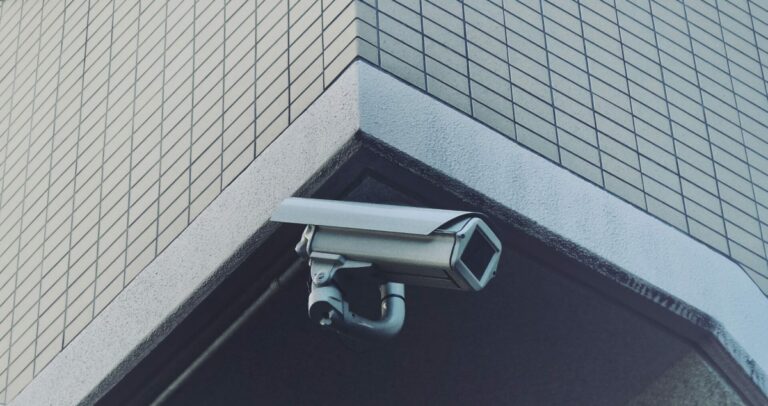
It’s important to know your privacy right and understand privacy regulations and privacy legislation. Information regarding data collection, use, publication, and archiving practices, especially those that involve sensitive data, can be found in a company’s privacy policy. Additionally, it includes guidance on how people can review and update their data.
Keeping a low profile
Consumers can typically use a codename or stay anonymous when communicating with a business. You might be required to disclose specific confidential info in some situations. For instance, a business may need personal data to determine if you qualify for a particular curriculum.
If you are still unable to remain anonymous or use a codename when working, the business will inform you accordingly.
Private details and Privacy Legislation
“Private details” is any information about an individual that has the potential to directly or indirectly verify or trace the identity of the user, connect that person to privately held details, set one person apart from another, or be employed to re-identify anonymous data. The term “personal data” can also refer to personal information. Both, paper documents and electronic documents may be used to store this information. Personal data may consist of but is not restricted to: identity, location, phone number, contact information, passport number, credit card number, identity number(s), Date of birth, photo IDs, and other files containing data similar to this.
Private details that businesses gather
Depending on the information the business needs to carry out its duties and tasks, different types of personal data are collected and maintained. It might contain, but is not restricted to:
- Your identity, address, and phone number (for example, phone number and email address)
- Identifying information about you, including your birth date, place of birth, passport info, visa information, and driver’s license number
- Details regarding your specific situation (for example, age, gender, marital status, and occupation)
- Details regarding your financial situation (for example, payment details, bank account details, and business and economic interests)
- Details on your work (for example, applications for employment, work history, referee comments, and remuneration)
Why do businesses collect your private details
Usually, businesses only gather sensitive, personally identifiable information with your permission. Even so, when it is required or permitted by law, or judicial or administrative order. They may also collect sensitive information about you. This covers explicit legislation privacy provisions, the more broad applicability of the common law, and the use of the executive authority of the Government. If it’s not necessary, the business won’t gather any personal information.
Sharing of private details
A business may divulge private data to outside parties so they can operate the business efficiently by doing this. Third-party network operators who assist with tasks like data web host or processing, credit card transactions, credit checks or processing, and completing booking or transactions may access or share the information from the business.
These service providers must take reasonable precautions to protect personal details. Third-party contracts should also limit their ability to utilise personal information beyond what was initially promised. If necessary, personally identifiable information may also be provided to fulfill a court order, summons, search warrant. It may also be used for any other legal processes, as required by law or regulation, or to meet governmental agencies’ legal, regulatory, or operational obligations: concerning a lawsuit, claim, or disagreement, including but not limited to debt collection, and for the defense of individuals or property. Everyone has a privacy right. Read up now on privacy legislation and privacy regulations.
Record Ownership and Data Loss Prevention
A business may maintain personnel information as long as it is required by law by the relevant state. Your business may also need to retain information as required by regional, and regulatory agencies or other nations, or as much as it is necessary for business purposes. Records are to be deleted beyond that point, both digital and physical.
Data Retention
Data should be sent to and kept entirely within the country. A business with online solutions will ask for your permission to accomplish such transactions. Without permission, the business may not be able to provide a particular online solution to its consumers.
Data security
To prevent unauthorized access to Personal Information, a business should employ security measures. Your business should develop policies and protocols to establish the necessary administrative, technical, and organisational measures for data security. The business will provide staff with instructions on these guidelines. When a breach occurs, whether real or perceived, the business will be required to respond under the procedures in its Incident Response Plan Policy. Payment-related information will be encrypted and saved with a multi-key encryption scheme or scrambled if it is kept on secure servers.
The user agrees that data transfer over the network is insecure and that its accuracy cannot be thoroughly verified. The user is in charge of maintaining secure passwords created on web apps. Credentials are protected and not accessible to a business through back-end systems. Other than on the login screen of a web solution, a business would never ask for a passcode. Stay informed and know your privacy right.
Evidence regarding identity
To be granted access to or make changes to administrative records that contain your personal information, you must present identifying documentation that you are the individual whose personally identifiable information is being accessed or changed and it must be demonstrated with absolute conviction by your proof of identity. Any legal documentation with your photo, signature, and address is valid. Appropriate proof of identity documents include a visa or a driver’s license.
Policy Alterations
A business may update or change their privacy policy at any time, and any such revisions will be posted on their website or inside an online solution. Any such alteration, update, or change may take effect immediately after posting and will be acknowledged with the new Date Modified. After publishing modifications to the Privacy Policy, your continued use of the business website and applications and submission of data to them constitutes your acceptance of those updates and the use of your personally identifiable information in compliance with the updated Privacy Policy. Now is the time to know your privacy right and learn about privacy legislation and privacy regulations.






